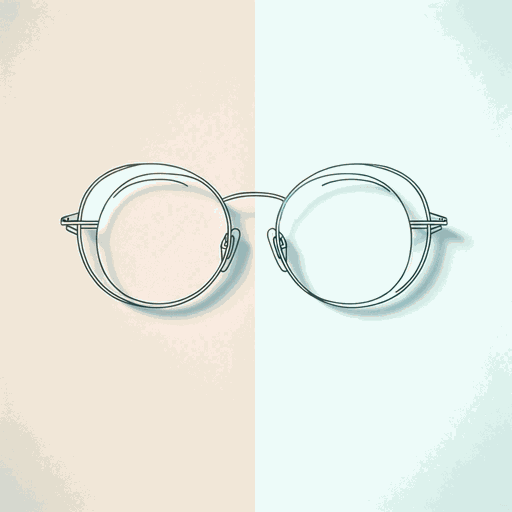77 pages • 2 hours read
Adam GrantThink Again: The Power of Knowing What You Don’t Know
Nonfiction | Book | Adult | Published in 2021A modern alternative to SparkNotes and CliffsNotes, SuperSummary offers high-quality Study Guides with detailed chapter summaries and analysis of major themes, characters, and more. For select classroom titles, we also provide Teaching Guides with discussion and quiz questions to prompt student engagement.
Part 3, Chapters 8-10Chapter Summaries & Analyses
Part 3: “Collective Rethinking: Creating Communities of Lifelong Learners”
Part 3, Chapter 8 Summary: “Charged Conversations”
At the Difficult Conversations Lab in New York at Columbia University, psychologist Peter T. Coleman pairs strangers with diametrically opposed opinions on controversial topics together for a conversation and studies what works and what doesn’t. Before they begin, each participant reads a version of an article on gun control. Coleman has found that if participants read articles that make a case for either side of an issue, they have a roughly 46% chance of reaching a consensus on their controversial topic. However, if they read a version which frames gun control as a complex problem with shades of grey, 100% of participants are able to find common ground (164).
Society is commonly understood to be increasingly polarized, and Grant argues that it isn’t enough just to see the other side. Showing people “two extremes isn’t the solution; it’s part of the polarization problem” (164), contributing to binary bias. He believes that instead, we often need to complexify a problem by showing a range of positions on a given topic.
A key lesson of desirability bias “is that our beliefs are shaped by our motivations. What we believe depends on what we want to believe” (167). For example, in the United States, belief in climate change has remained roughly the same over the last 20 years in part because it is a political issue—those who identify as conservative are less likely to believe in human-driven climate change, even with more evidence of its existence (168).
Related Titles
By Adam Grant




